Why are we running this project?
A rising number of migrants and refugees settle, either temporarily or permanently, in African intermediary cities, which are thereby becoming central spaces for climate-related migration, conflict migration and rural-urban movements. Developing local strategies to address urban migration and displacement proves challenging to these cities, as national or international actors holding official mandates for migration and displacement rarely consider local authorities as (equal) partners. This lack of recognition and cooperation seriously affects local authorities’ capacities to shape context-specific approaches urgently needed to address the rising urbanization of migration and displacement in sustainable ways. Recognizing that mixed migration could contribute to urban social and economic development if local authorities had the means and partners to promote inclusive and cross-sectorial approaches, a number of African local authorities aim to develop partnerships with local, national and international actors. At the same time, there is a growing interest among international organizations and civil society actors to explore possibilities for collaboration with local authorities through evidence-based research. With this project, we strive to bring actors from different levels of governance together to develop ideas for equal partnerships of urban migration governance with the potential of closing gaps between (inter)national strategies and local realities.
What are our goals?
The project aims to open up new courses of action for developing urban migration governance among equal partners. The project therefore brings together urban migration actors from different contexts and governance levels – including local/national governments, international organizations, civil society, migrants and refugees. The goal is to initiate knowledge exchanges between the different actors inspiring reflections on their own and others’ potentials, interests and limitations in addressing migration and displacement in urban areas. The focus will be on discovering complementary skills for shaping equal partnerships in the spirit of the United Nations Global Compacts for Migration and Refugees and the Charter of Local and Subnational Governments of Africa on Migration. Open dialogues, networking and contributions to policy recommendations will offer city and non-city actors spaces to rethink opportunities for cooperation and the role of intermediary cities in urban migration governance.
How does the project work?
In May 2022, the project will organize an international workshop at the ninth Africities Summit in Kisumu, placing equal partnerships for urban migration governance high on the agenda. The workshop will be thematically situated at the interface of the Global Compacts for Migration and Refugees and the African Local Migration Charter. Guided by central workshop conclusions, the project team will engage in participatory field research with six city partners. This research will focus on factors that hinder, encourage or motivate local authorities to engage on questions of migration and displacement. Moreover, it will juxtapose perspectives on partnership opportunities held by local, national and international stakeholders operating in these cities and explore practical potentials and limits of equal cooperation strategies. Each research phase will conclude with the organization of a local workshop to validate findings and co-shape city-specific and transferable/scalable recommendations. To ensure that the project’s final policy recommendations will be developed and disseminated in dialogue with a wide range of initiatives interested in city agency on migration and displacement, the project will actively seek multi-level and multi-stakeholder interaction throughout the entire project period.
Who are the target groups?
The project is aimed at local authorities in intermediary cities, national authorities, international organizations, city networks, NGOs, self-organizations of migrants and refugees in the African region.
Where is the project run?
Concrete cities will be selected in the course of the project, the regions are North, East and West Africa as described in the text.
Who organizes and supports the project?
The project is jointly developed and implemented by the Centre for Human Rights Erlangen-Nuremberg (CHREN)/research team on Migration, Displacement and Integration of the Friedrich-Alexander-University of Erlangen-Nuremberg (FAU), the German Development Institute (DIE-GDI), Samuel Hall, and United Cities and Local Governments of Africa (UCLG Africa).

